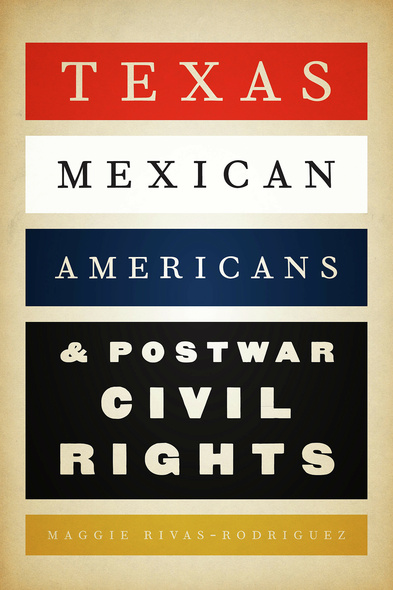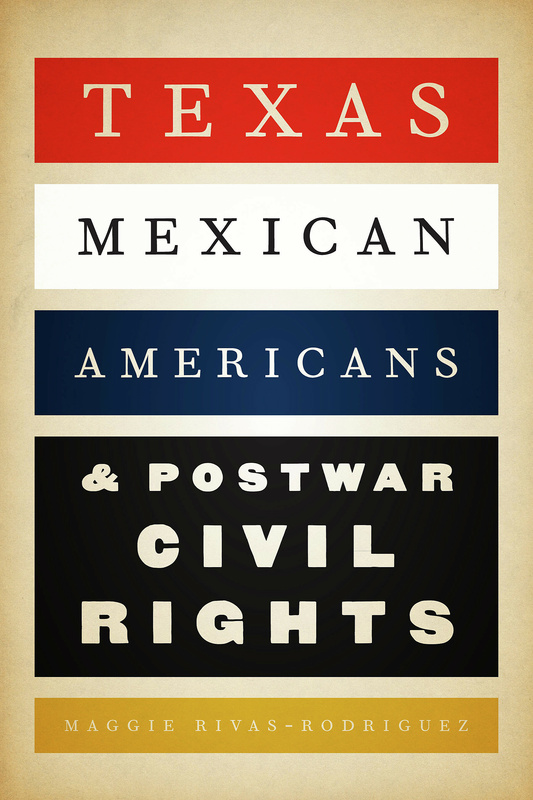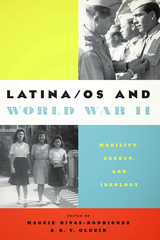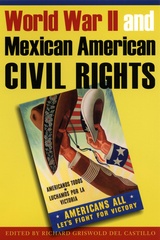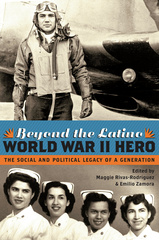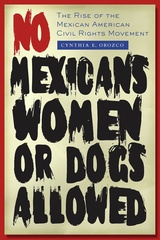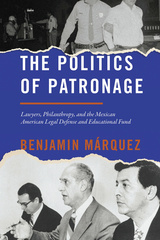Texas Mexican Americans and Postwar Civil Rights
University of Texas Press
After World War II, Mexican American veterans returned home to lead the civil rights struggles of the fifties, sixties, and seventies. Many of their stories have been recorded by the Voces Oral History Project (formerly the U.S. Latino & Latina World War II Oral History Project), founded and directed by Maggie Rivas-Rodriguez at the University of Texas at Austin School of Journalism. In this volume, she draws upon the vast resources of the Voces Project, as well as archives in other parts of the country, to tell the stories of three little-known advancements in Mexican American civil rights. The first two stories recount local civil rights efforts that typified the grassroots activism of Mexican Americans across the Southwest. One records the successful effort led by parents to integrate the Alpine, Texas, public schools in 1969—fifteen years after the U.S. Supreme Court ruled that separate schools were inherently unconstitutional. The second describes how El Paso’s first Mexican American mayor, Raymond Telles, quietly challenged institutionalized racism to integrate the city’s police and fire departments, thus opening civil service employment to Mexican Americans. The final account provides the first history of the early days of the Mexican American Legal Defense and Educational Fund (MALDEF) and its founder Pete Tijerina Jr. from MALDEF’s incorporation in San Antonio in 1968 until its move to San Francisco in 1972.
Maggie Rivas-Rodriguez is Associate Professor of Journalism at the University of Texas at Austin and the founder and director of the multifaceted Voces Oral History Project (formerly the U.S. Latino & Latina World War II Oral History Project). Her five pr
PrefaceAcknowledgments Introduction Part 1. Claiming Rights on a Local LevelChapter 1. Integration a Mordidas in Alpine Schools Chapter 2. The Multistep Integration of the El Paso Police Department Part 2. Claiming Rights on a National LevelChapter 3. MALDEF: Born into the Crosswinds of the Chicano Movement Conclusion: Of Oral History and Research Possibilities Notes Selected Bibliography Index

